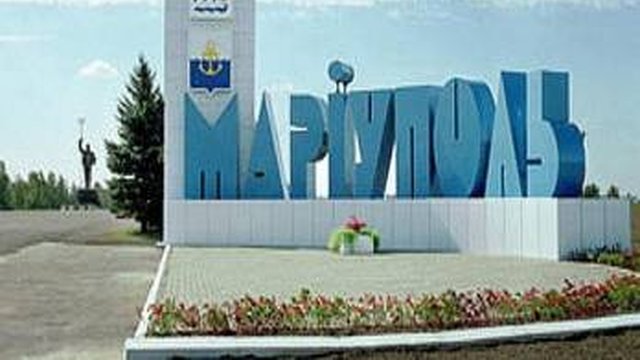Situation near printing house in Mariupol earlier blocked by representatives of parties under control – police

The police are in control of the situation at the printing house in Mariupol, Donetsk region, where ballots were printed and where a meeting of the Mariupol city elections commission was to be held.
According to earlier reports, representatives of local political parties came to the city printing house in Mariupol in the evening of October 18. They tried to enter the building, where the city elections commission had planned a meeting.
The press service for the Ukrainian Interior Ministry's Main Department in the Donetsk region said representatives of political parties had taken active actions to disrupt the process. Specifically, they blocked the entrance to the printing house with car tires, threatening to set fire to them, and called representatives of volunteer units to the scene.
Vyacheslav Abroskin, the head of the Ukrainian Interior Ministry's Main Department in the Donetsk region, came to the scene and personally conducted negotiations with the aggressive activists, the report says.
"Representatives of political parties are trying to get patriotic volunteer units to side with them, to involve them in the conflict. However, the volunteers, who have been in conflict zones, did not give in to the provocations and left the incident scene. I am thankful to them for their common sense. They understand that today they need to counter terrorists, sabotage groups of militants, not take part in the destabilization of the situation from the inside," Abroskin said.
The situation is under control now, police officers are working near the building of the printing house and no major breaches of public order have occurred, the region's police department said.
The police are registering all statements coming from representatives of various political parties without exception. Most issues the conflict participants disagree on are in the terms of reference of the Central Elections Commission. Decisions on them should be made by the Central Elections Commission or by the courts, not using aggressive actions," Abroskin said.








